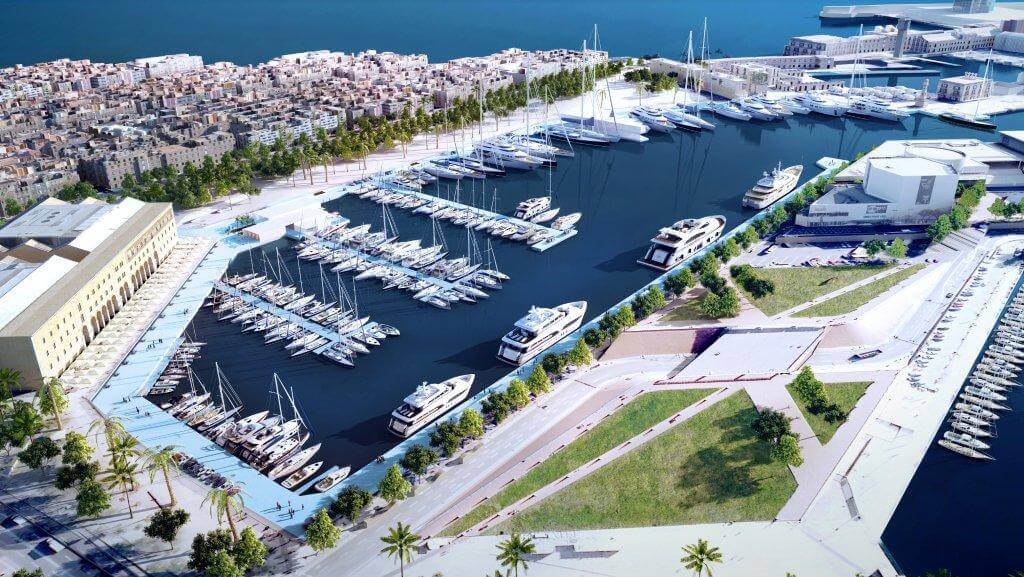Innovation and Circular Economy in Coastal Sanitation: A Sustainable Future with Flovac
- 29 July, 2025

Innovation and Circular Economy in Coastal Sanitation: A Sustainable Future with Flovac
Sanitation management in marinas and coastal urban centers faces new challenges driven by increasing environmental awareness and growing sustainability demands. Beyond regulatory compliance, it is essential to move toward innovative models that integrate circular economy principles and reduce environmental impact.
The Sustainability Challenge in Coastal Sanitation
Ports and coastal cities are delicate ecosystems where every action directly affects water quality and the surrounding environment. Traditional sanitation systems, while effective, can lead to:
-
High energy consumption
-
Accidental discharges that harm marine biodiversity
-
Waste and emissions during construction and operation
This is why technological innovation must go hand-in-hand with strategies that promote resource efficiency and waste reduction—core principles of the circular economy.
Flovac: Technology Supporting Circular Economy and Environmental Protection
Flovac’s vacuum sewerage system offers a comprehensive solution that contributes to sustainability by:
-
Reducing energy consumption through optimized pneumatic systems
-
Minimizing invasive civil works, preserving both natural and urban environments
-
Using recyclable and recycled materials in pipe and component manufacturing
-
Integrating smart monitoring systems that anticipate maintenance needs and prevent failures, extending system lifespan
This vision supports a circular sanitation model where reduction, reuse, and recycling are at the core—fully aligned with the United Nations Sustainable Development Goals (SDGs).
Innovative Projects Making a Difference
Port of Huelva
Flovac implemented its vacuum sewer system at the South Pier of the Port of Huelva, one of the most strategic hubs in southern Spain. The project enabled efficient wastewater management in a demanding port environment, ensuring compliance with environmental regulations and enhancing port sustainability.
Port of Bilbao
At the Port of Bilbao, Flovac installed a vacuum sewer system designed with shallow pipe depths to adapt to the port’s geographical and operational conditions. This system has improved wastewater management efficiency while minimizing environmental impact.
Cala d’Or Marina (Mallorca)
This marina adopted Flovac’s system to significantly reduce energy consumption and harmful gas emissions. Real-time monitoring allows for optimized resource use and helps prevent negative environmental impacts.
Towards a Sustainable Future with Flovac
Flovac offers more than just technology—it provides a commitment to the sustainable transformation of sanitation in coastal areas.
By focusing on circular economy principles and ecological footprint reduction, Flovac becomes a strategic partner for marinas and cities that value innovation and environmental responsibility.
Conclusion
Innovation in sanitation must go beyond technical efficiency to embrace a broader commitment to global sustainability.
Flovac leads this transformation by offering solutions that integrate circular economy, environmental protection, and advanced technology—positioning itself as a benchmark in sustainable coastal sanitation.
Ready to take the step toward smarter, more responsible sanitation?
Contact Flovac and discover how to adapt your marina or coastal city to the challenges of the future.
Get our news
Temas
Archives
FLOVAC
Flovac is the world's leading vacuum sewerage engineering, supplier and operation company.
Primer de Maig 4 Street
08980, Barcelona
Spain

CONTACT US
COPYRIGHT © 2021 FLOVAC - THE GREEN FUTURE OF SEWERAGE


